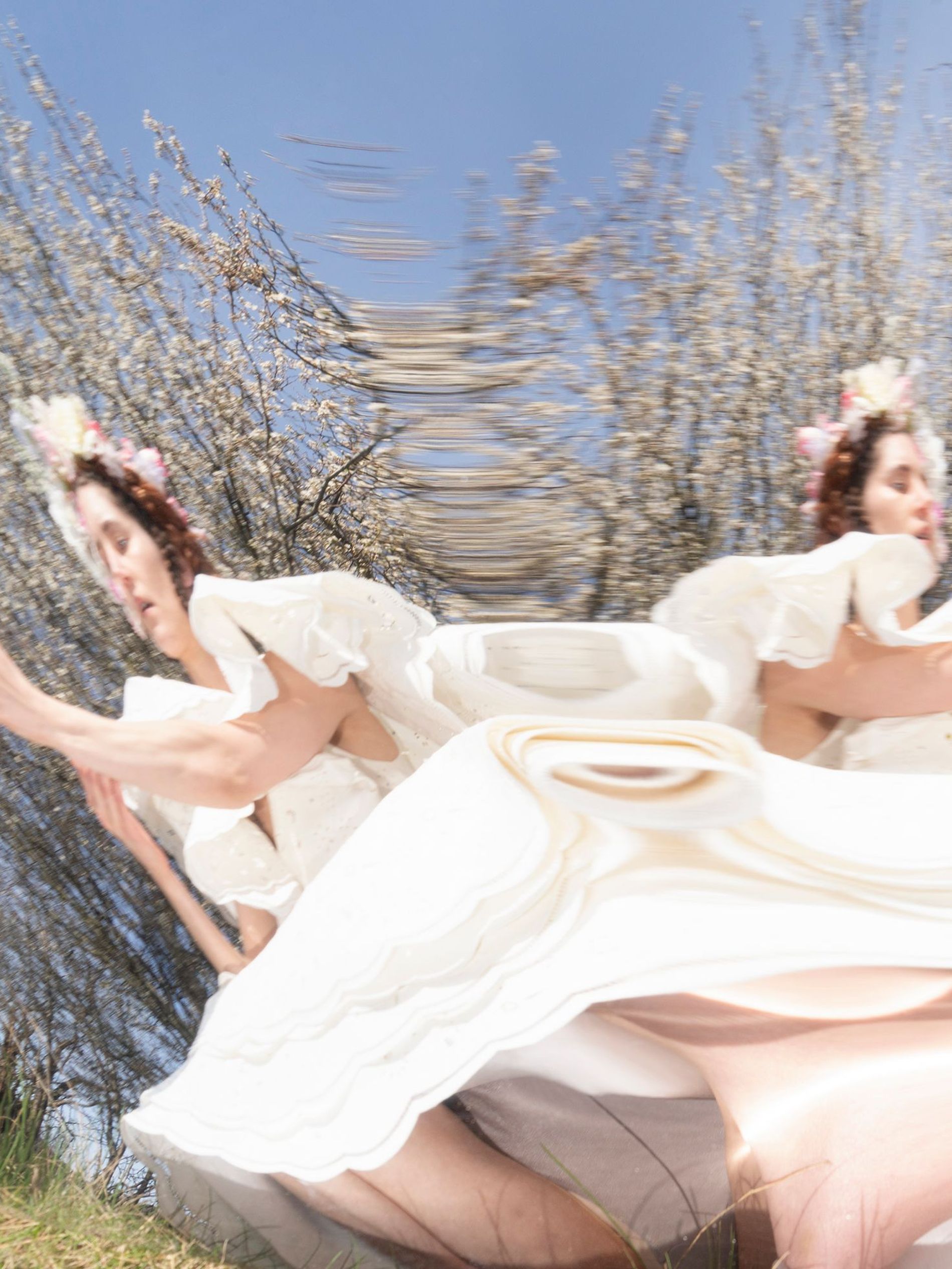We step inside Henriette Ebbesen's unmissable ‘Kaleidoscope’ exhibition at Fotografiska, and speak to the Danish photographer – who doubles as a qualified doctor of medicine – herself about the career-spanning collection of mind-bending works
Henriette Ebbesen is captivated by bending forms. The mirrors that she uses to create her photographs reshape the body, and so our perception of it. “I think my pieces ask, ‘What is reality?’” she begins. “To question how we look at the body, the world, and ourselves in relation to it.”
Ebbesen’s latest exhibition ‘Kaleidoscope’ is a career-spanning selection from her many series, on display at Fotografiska for the next few weeks. Her works, distorted and dreamlike, owe to how she sees the body she says: objectively. Something that comes from her second profession: doctor.
“When I’m shooting, I look at the model in a very neutral way – very similar to how I work as a doctor. Using bodies in my art, I think about the shapes and the colours, and how they form an interesting image. More than ‘Oh, this is a naked person in front of me,’” Ebbesen explains.
When I’m shooting, I look at the model in a very neutral way – very similar to how I work as a doctor. Using bodies in my art, I think about the shapes and the colours, and how they form an interesting image.
Henriette Ebbesen
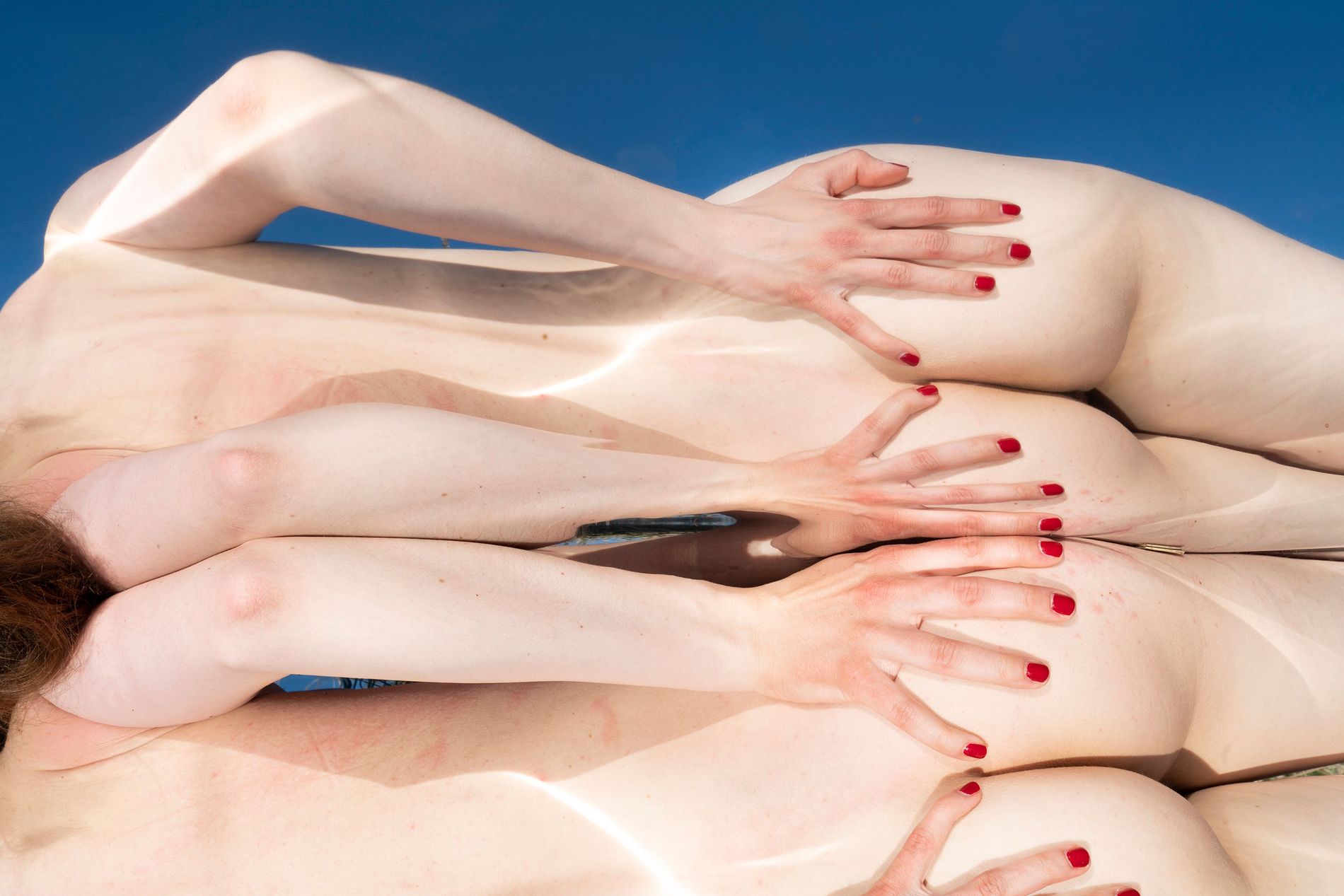
“At the same time, I’m very aware that this is a person. It’s the same way I treat someone as a doctor – you are very respectful of the patient and their story, but you look at them in a neutral way.”
But it wasn't always so harmonious, juggling two jobs and identities, Ebbesen says. “At the beginning of my career I was confused - was I an artist or a scientist? I really struggled with how to define myself,” she elaborates. “You want to put yourself in a box so that it's easier to explain to the world.” Now, Ebbesen’s fine with being both, and even sees how the two mirror each other.
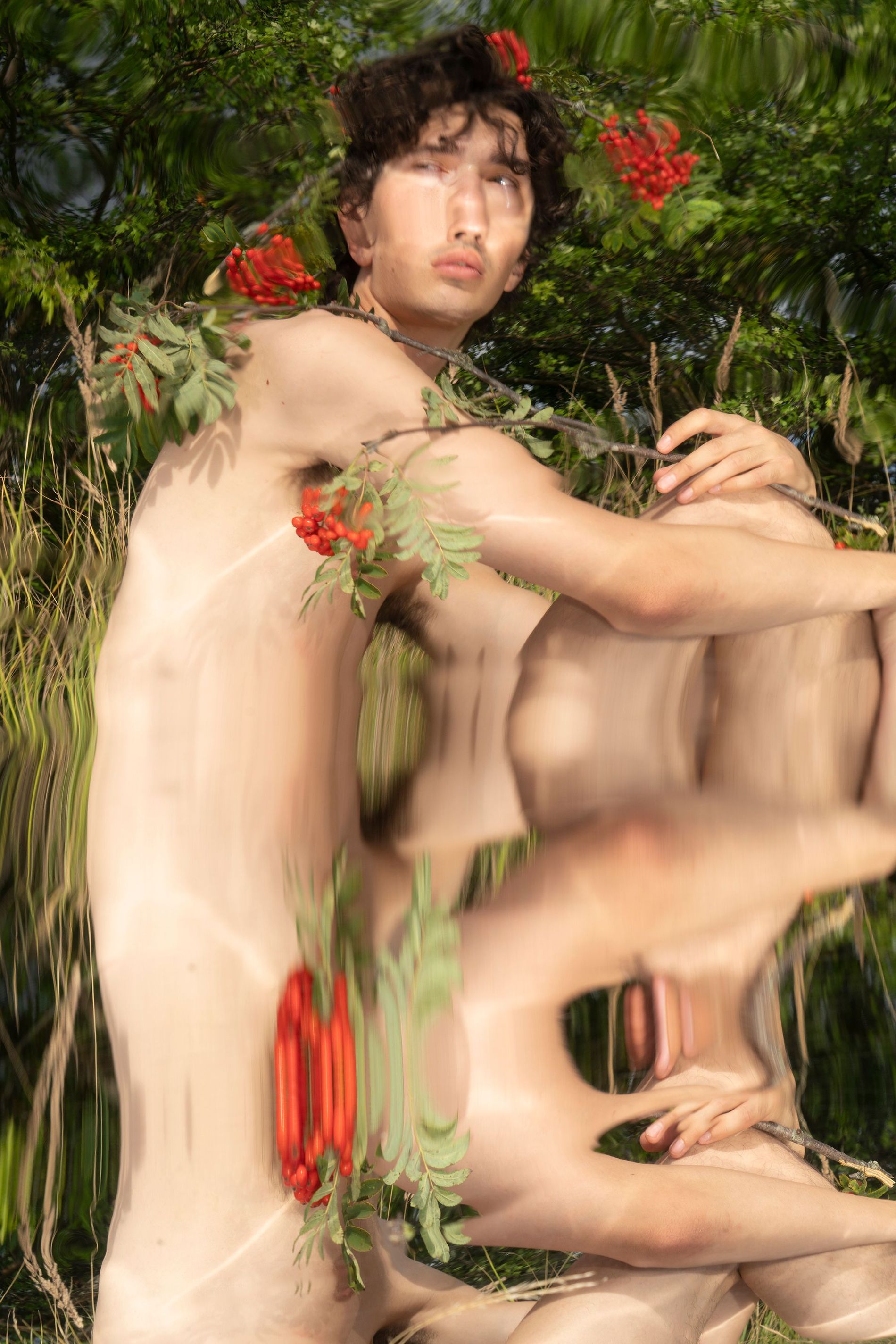
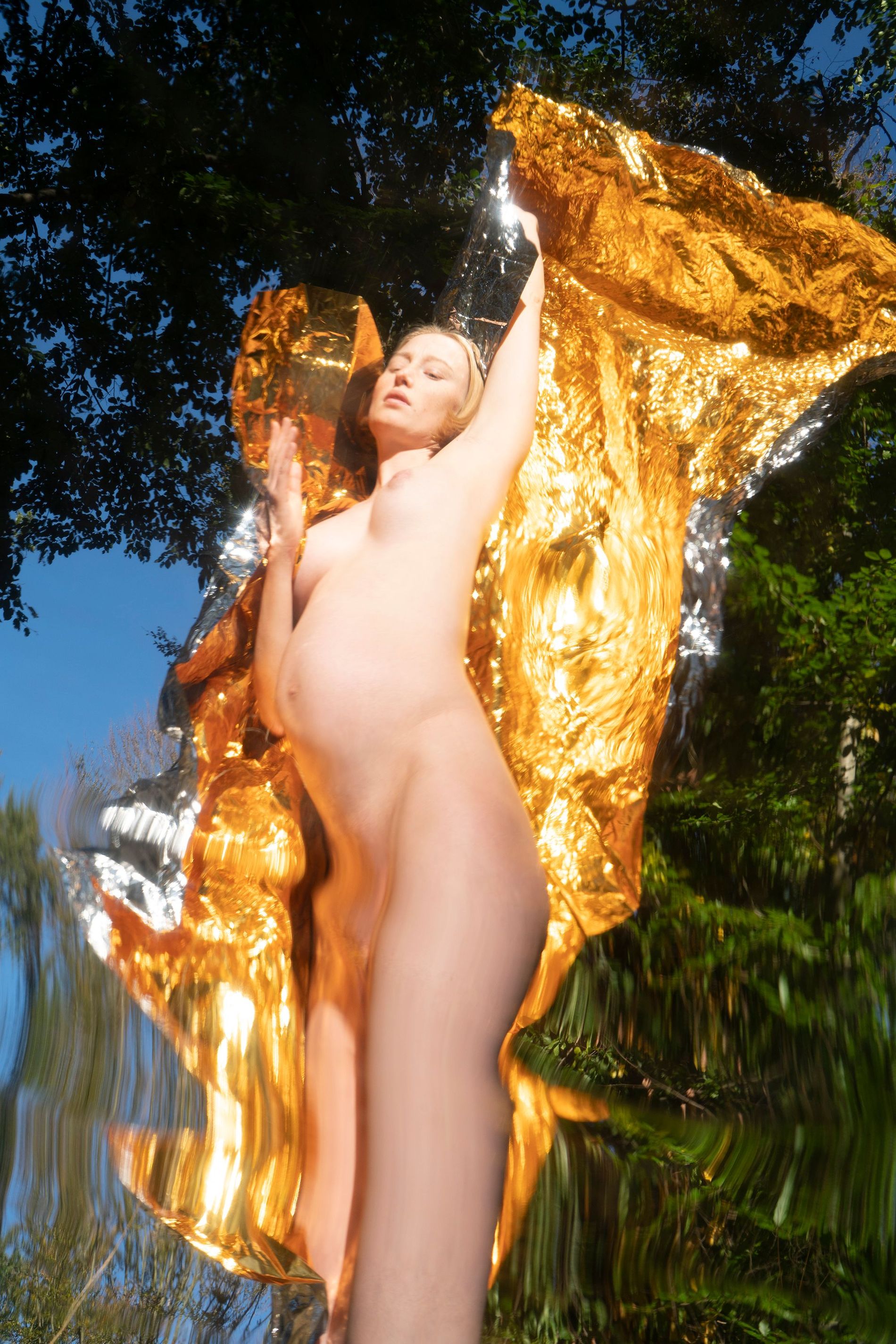
She’s interested in what effects perception medically too. Like how mental illness changes how people see their surroundings. “This is very clear with a psychosis: you see the world as it’s not, it’s distorted for you. And my photography is a lot about distortion, thinking about how to change the perspective for the viewer and confuse them a little bit.”
One of her series, ‘Feminine Development, focuses exclusively on the female form. “I started creating because I thought distorting the body were interesting. But it became about how to portray women as both powerful and vulnerable. I found it interesting to experiment with female sexuality and expression, without being vulgar.”
Ebbesen recently participated in a talk with Vogue editor Alessia Glaviano on diversity in photography. In Ebbesen's words, the discussion delved into “expanding the viewpoint more through women and people of colour and different sexual orientations – in general broadening the gaze, and allowing the field to expand.”
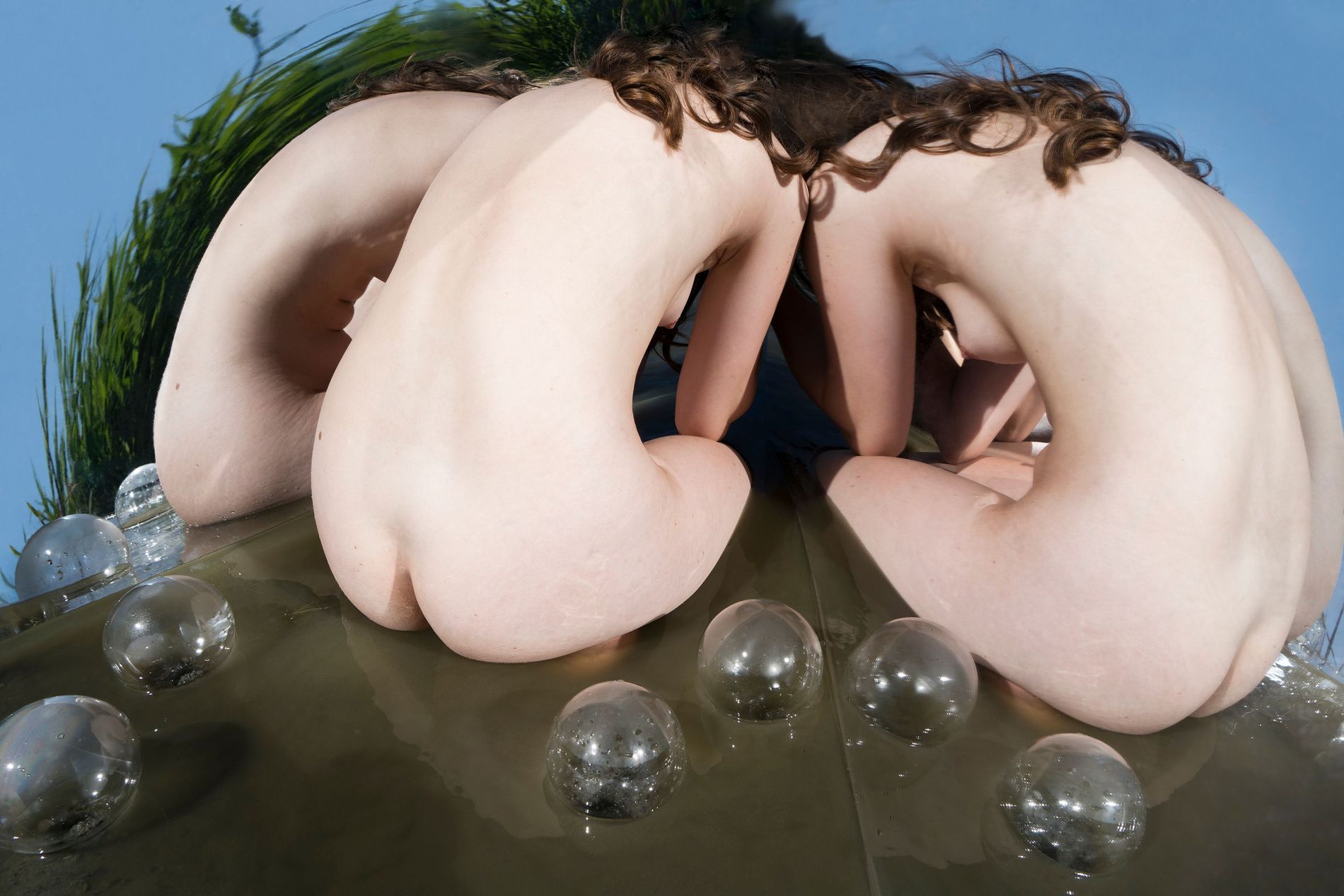
“I think we get more interesting art,” Ebbesen says of that approach. “At least that’s more inspiring to me, to look at different work, and artists that surprise me. As an artist I believe that we create from what we are based off ourselves,” she says.
Ebbesen adds that she believes her work mirrors her subconscious too. “I learn a lot about my thoughts. See things more clearly through looking at my works after they’re complete. Looking at them from a distance I what they tell me about myself.”
